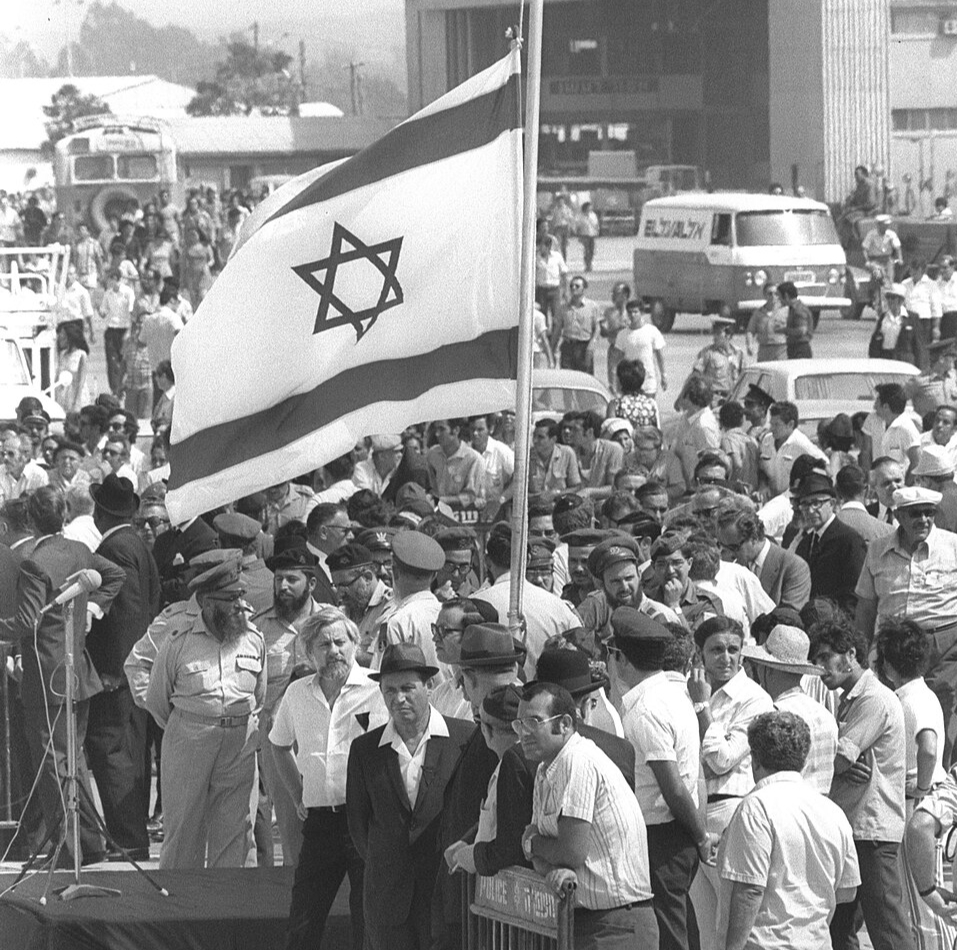Will Abandoning the Kurds Result in the Mass Release of Islamic State Fighters?
The White House issued a stunning statement on Oct. 6:
Today, President Donald J. Trump spoke with President Recep Tayyip Erdogan of Turkey by telephone. Turkey will soon be moving forward with its long-planned operation into Northern Syria. The United States Armed Forces will not support or be involved in the operation, and United States forces, having defeated the ISIS territorial “Caliphate,” will no longer be in the immediate area.

Published by The Lawfare Institute
in Cooperation With

The White House issued a stunning statement on Oct. 6:
Today, President Donald J. Trump spoke with President Recep Tayyip Erdogan of Turkey by telephone. Turkey will soon be moving forward with its long-planned operation into Northern Syria. The United States Armed Forces will not support or be involved in the operation, and United States forces, having defeated the ISIS territorial “Caliphate,” will no longer be in the immediate area.
The United States Government has pressed France, Germany, and other European nations, from which many captured ISIS fighters came, to take them back, but they did not want them and refused. The United States will not hold them for what could be many years and great cost to the United States taxpayer. Turkey will now be responsible for all ISIS fighters in the area captured over the past two years in the wake of the defeat of the territorial “Caliphate” by the United States.
It is true that the United States played an essential role in eliminating the Islamic State’s control of territory but so too did the Kurdish coalition partners (particularly the Syrian Democratic Forces, or SDF). Kurdish forces have been the primary foot soldiers of this war, and they have played an especially critical role more recently by providing the only current solution to the problem of what to do with thousands of captured Islamic State fighters—many thousands of them from Syria and Iraq, and more than two thousand “foreign fighters” whose home countries (particularly European ones) have proved almost entirely unwilling to allow repatriation.
Many of us have long warned that this detention status quo was not sustainable over the long haul, because of the risk that the SDF at some point might not be able to continue to hold the requisite territory or because they might for some reason cease to be willing to administer this detention system themselves. Now it seems that both triggering conditions for a collapse of the SDF detention system are looming before us, thanks to President Trump’s precipitous decision to green-light a Turkish invasion of northern Syria.
The White House statement quoted above shows awareness of the detention concern but treats it in a way that is far more alarming than comforting. Consider:
- As an initial matter, the United States does not hold the detainees, though the statement is written in a way that implies otherwise. It is the Kurds who hold them. Omitting this helps to elide the fact that exposing U.S. erstwhile coalition partners to Turkish attack may well directly cause the release of detainees.
- The statement refers to the subset of detainees who are foreign fighters, hinting that European states and others might swoop in at the last minute to take them all back, solving that part of the problem. There is little reason to believe these states will do so now, however. And in any event, a much larger number of Islamic State fighters in Kurdish custody are Syrian or Iraqi.
- The statement says that Turkey will have to be responsible for the detainees now. Note that this is an implicit acknowledgment that the president’s decision to abandon the Kurds likely will result in the end of Kurdish detention operations. But never mind that. The critical point is that there is no reason whatsoever to think that there will be an actual handoff of detainees from Kurdish to Turkish control—quite the opposite, in fact. Nor is there reason to believe that the Turks will attempt to swoop in to ensure continued detention of Islamic State fighters if and when the Kurds feel obliged to abandon detention operations, let alone that Turkey could do so effectively.
It is possible that all this hand-wringing will prove unwarranted. Perhaps Turkey’s military incursion will be limited, leaving the Kurds capable and willing to continue detaining Islamic State fighters. Perhaps vast numbers of the detainees will be dispatched to Iraq for prosecution after all (a much-touted plan a year ago, about which little has surfaced since). Perhaps Turkey will somehow gain control of and maintain detention operations. Anything is possible. But none of that seems likely. More likely, the biggest beneficiary of all this will be the Islamic State.




